

(By Joe Chelliah)
I am often appalled by the poor knowledge of Malaysian history reflected by the average Malaysian of today and therefore feel compelled to write the following general note to remind all fellow Malaysians of the deep appreciation and gratitude that we Malaysians should have for the British presence in our country from about 1777 till 1957. Blaming the colonial British for all our woes may not be the best thing to do. We Malaysians, like the rest of the world, were also not excluded from the European colonization and conquest and its aftermath. In a sense, we are lucky that we had the British and not any of the other European maritime powers over here.
We should also know, contrary to general opinion, that the British initially came to our shores merely to trade and not to conquer us. They were welcomed and invited to do so by our leaders of the time who were the Malay rulers. We should also know that Sullivan & De'Souza, a British firm based in Madras (India) sent Francis Light to meet the Sultan of Kedah, Muhammad Jiwa Shah, to open up the state's market for trading. Light was also a captain within the British East India Company. The good Sultan faced multiple external threats during this period from Siam, which was at war with Burma and saw Kedah as its vassal state and frequently demanded Kedah to send reinforcements. Kedah, in many cases, was a reluctant ally to Siam.
Through negotiation between the Sultan and Light, the Sultan agreed to allow the firm to build a trading post and operate in Kedah, but only if the British agreed to protect Kedah from external pressure. Light conveyed this message to his superiors in India. The British, however, initially decided against the proposal. Two years later, Sultan Muhammad Jiwa died and was replaced by Sultan Abdullah Mahrum Shah. The new Sultan again offered Light (who later became the British representative) the island of Penang in return for military assistance for Kedah. The British saw this as a better deal.
This "offer" by the Sultan of Kedah can be considered to have started it all and the rest is history of course but many have forgotten it. Theefore, one can see that British initially did not want to interfere in local politics which might embroil them in war and unnecessary expenditure. From a policy of non-intervention, the British were slowly forced and coerced into intervening primarily because of prevailing circumstances and anarchy in the Malay states – rival claimants the throne, wars between Chinese secret societies, lack of taxation expertise and also for the control of tin mines besides rampant piracy off our coasts especially in the Straits of Melaka.
The British, like other colonial powers, were looking for a trade monopoly to meet their local demands for raw materials as well as a market for their goods to be exported. Both needs were direct results of the Industrial Revolution in Europe. So the British eventually "grabbed" the opportunity for a policy of British intervention in the Malay states from one of non-intervention initially. But I will be failing in my duty if I do not remind all that this policy would not have materialized at all if our sultans had not insisted upon it. Instead, they allowed it willingly for mutual benefit. It was offered to the British. The opening of the Suez Canal around the time also speeded up this change in British policy in which the deal was as in “you scratch my back and I scratch yours” policy with the sovereign Malay rulers of the time.
The British then proceeded to really take good care of our sovereign sultans but left the native Malay subjects alone. These simple folks literally adored and “worshipped” their sultans at the time and led a quiet and peaceful agrarian life. The British then taught and inculcated in our rulers how to dress like the British complete with handle bar moustaches, play polo, visit England and taught them many western graces such as fine dining, cigars, golf, music and dancing. They were also pampered with pensions besides grand stone palaces built for them. Luckily the British let Islam and its practioners,mainly the Malays, alone. They well knew that it was a hornet’s nest not to be messed around with. Some Malaysians still do not see this wisdom of the British. They also did not interfere with local Malay customs and traditions. Then the British started to develop Malaya with mainly an Indian work force brought over from India. It was the same case in their Middle East colonial experience. Sadly, some Malaysians do not realize this even today.
Like it or not, we also have the British to thank for as our saviors for saving us from the Japanese, the Communists and the Indonesians sepecially Soekarno's “Ganyang Malaysia” campaign during the early 1960’s. Of course the British "saved us" because they too had so much to lose in terms of their vast rubber plantations and other such economic interests in Malaysia at the time. It was a peripheral advantage and that benefitted us Malaysians too.
I do not wish to go more into Malayan history which anyone can read up in the net these days. However, I wish to put on record some of the many things that the British left behind for us Malaysians to enjoy life today as perhaps the best ex-European colony besides Singapore. Even after Merdeka in 1957 the British continued their military presence well into 1969 to safeguard us and their own economic interests at the same time. Till today Malaysia is a member of the British Commonwealth and also a member of the Five Power Defence arrangement (FPDA)together with Singapore, Australia, New Zealand and UK whereby the five states will consult each other in the event of external aggression or threat of attack against Peninsular Malaysia (East Malaysia is not included as part of the area of responsibilities under the FPDA) or Singapore.
The British set up many basic fundamentals before they left which taught us how to run many things some of which I list below.
1. How to rule a country well albeit sometimes with a “divide and rule” policy.
2. Use English language as a great tool for progress and moderization.
3. Educate us in English traditions such as the parliamentary and state legislative procedures, judiciary, education, health care, Customs and tax collection, police, army, navy, airforce, port management, electrical power management etc.
4. Almost all our former PMs of Malaysia were educated in England like our current PM - the Tunku, Tun Razak, Tun Hussein Onn. Only one (Tun Dr., Mahthir) was not educated there.
5. Drew up a constitution that protects the interests of all Malaysians. Of course we have altered it many times to suit our current needs especially parliamentary constituencies for a growing population. The British drew up the original constituencies in a ratio that favoured the Malays. A predominantly Malay constituency with a say 20,000 voters would have one seat in Parliament wheras a constituency with mostly non- Malay voters numbering some 80,000 voters like Bangsar would have only one wakil rakyat.
6. The Mechanics of government and governmental procedures & General Orders.
7. A well trained military force and police force that is still dominated by the Malays. After the 2nd World War and the Malayan Emergency the Malays were more trusted with the gun by the British who started the Malay Regiment and the general police constabulary.
8. A good system of schools and colleges and even a university (The MU now Universiti Malaya). Our school system also includes a vernacular system of schools to be found nowhere else in the world.
9. Food infrastructure and master plans for the development of ports, railways, roads, telecommunications, power generation, drainage and irrigation.
10. Freedom of religious worship for all but no provision for anyone to do any preaching or proselytizing to the Muslims. In fact, it is/was an offence.
11. The Internal Security Act which the government still finds very useful although it was concieved by the British during the Malayan Emergency.
I could go on and on but I think I have covered the main essence of British influence and help for Malaya / Malaysia. The British experience is very obvious with us even today. Our military and police are based on Scotland Yard and Sandhurst traditions. Even the Prime Minister (PM) is addressed in the British tradition although in our language it should MP (Menteri Perdana). Perhaps MP gives a bad military connotation associated with the Military Police and so PM was maintained although grammatically wrong in Bahasa Malaysia.



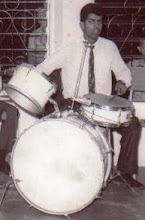

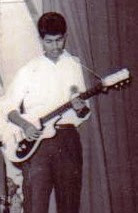


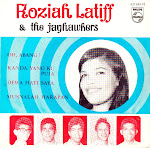








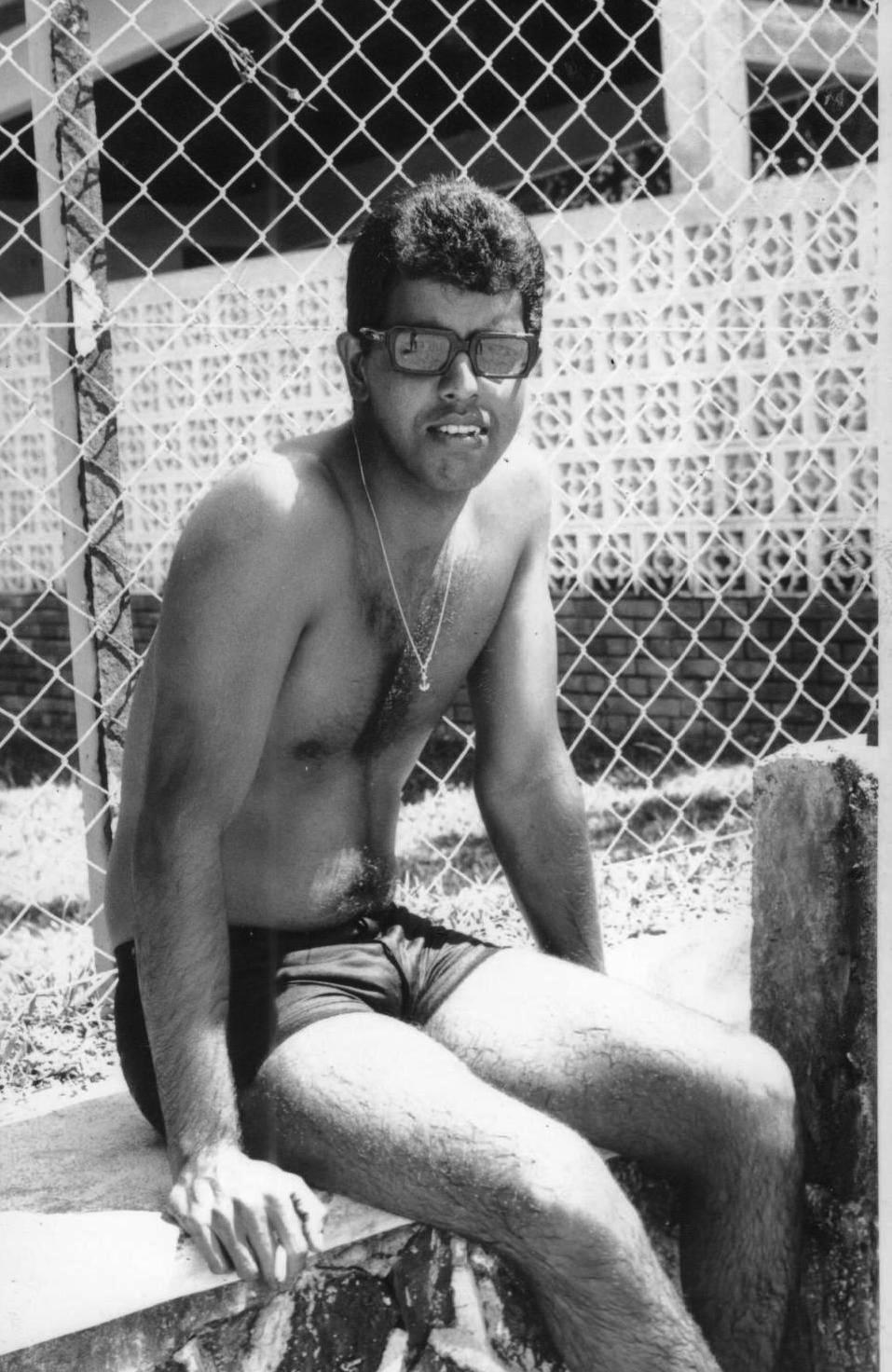
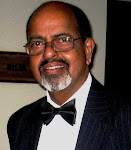


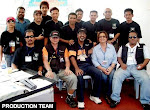
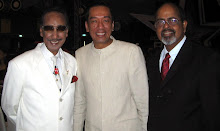

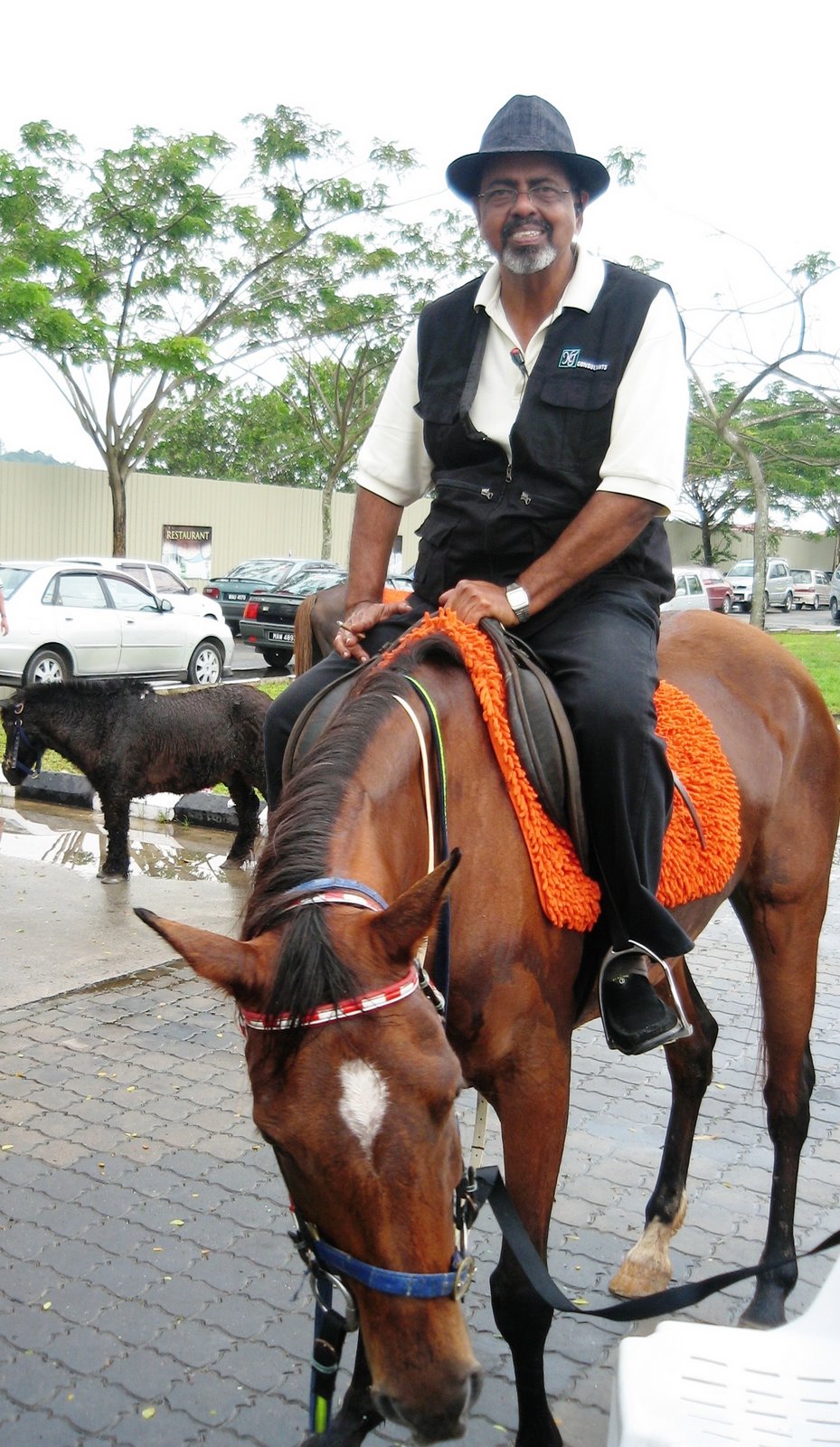







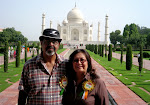



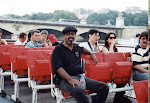

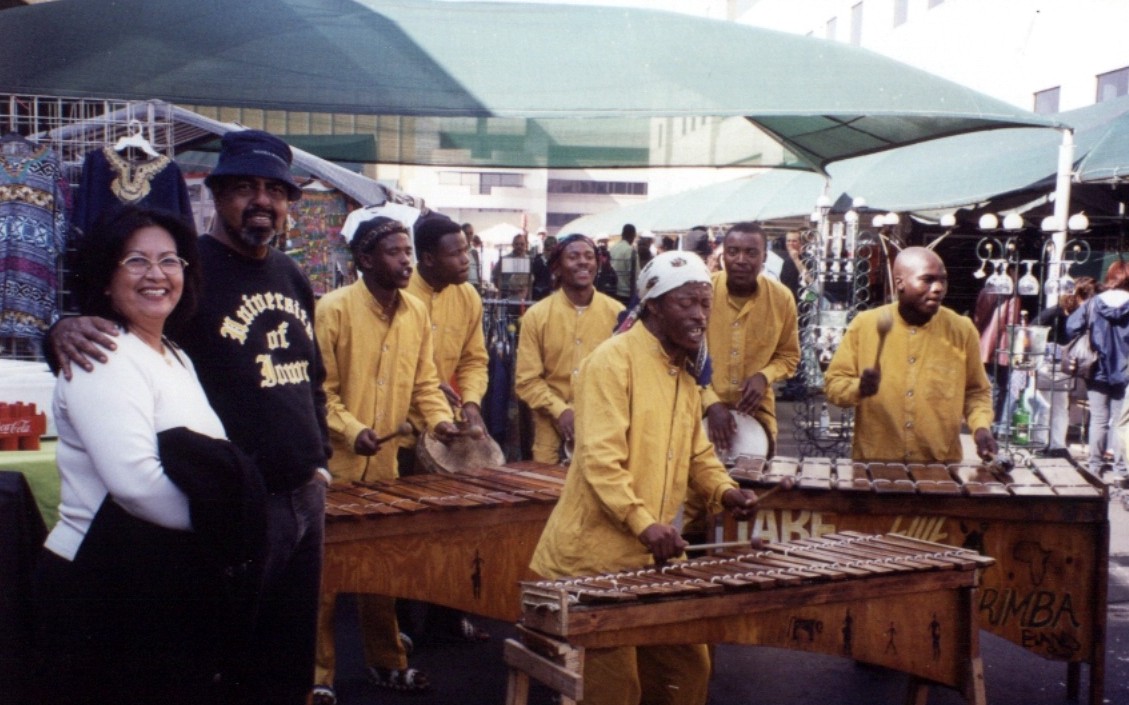

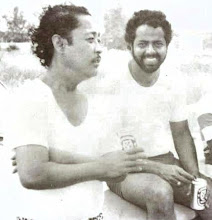
3 comments:
You got great points there, so I always visit your site, it looks like you are an expert in this field. keep up the good work, My friend recommends your blog.
My blog:
rachat credit immobilier simulation www.rachatdecredit.net
My father fought in Royal Engineers in the second world war in Malaysia at the age of 17 and witnessed first hand the cruelty of the Japanese there, he loved the country and its people so much he became fluent in Malay and after the war returned with a chance to manage Lanadron Estate Johor in the time of the communists. He is 87 now but still speaks the language, remembers the people (chinese Indian and muslim) with great affection (and the post war British army presence with a little humour!).
My father cried the day he had to leave through illness and so we now have many of his stories, anecdotes, memories, photographs and some film from those times and I would love my children to one day visit the beautiful country he still thinks of as home.
Pippa Wade
England.
Lovely to hear that your father still remembers us with such great affection. As a matter of fact I know where Lanadron Estate is. I gre up during my childhood on the rubber plantation on the opposite side of Lanadron in Nordal Estate. Nordanal spelt backwards reads Lanadron...it was owned by Boustead and Company at the time. Welcome to Malaysia. You may contact me at njec@tm.net.my or joechelliah@gmail.com should you decide to come here. I live near Kuala Lumpur now.
Post a Comment